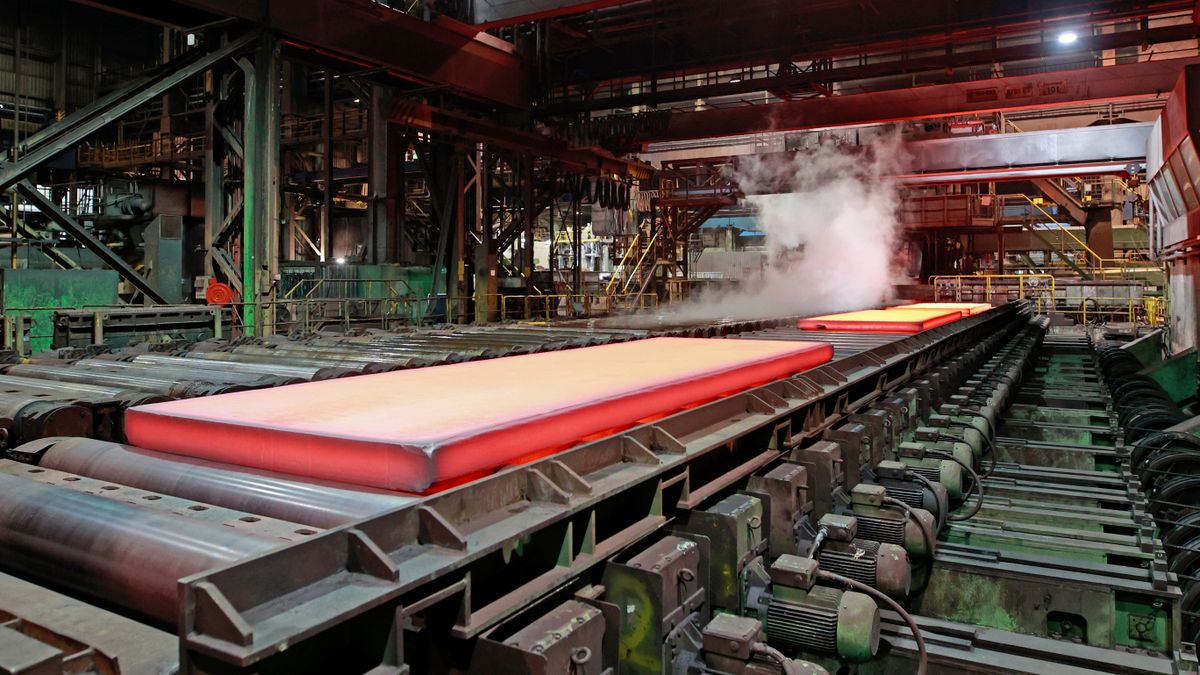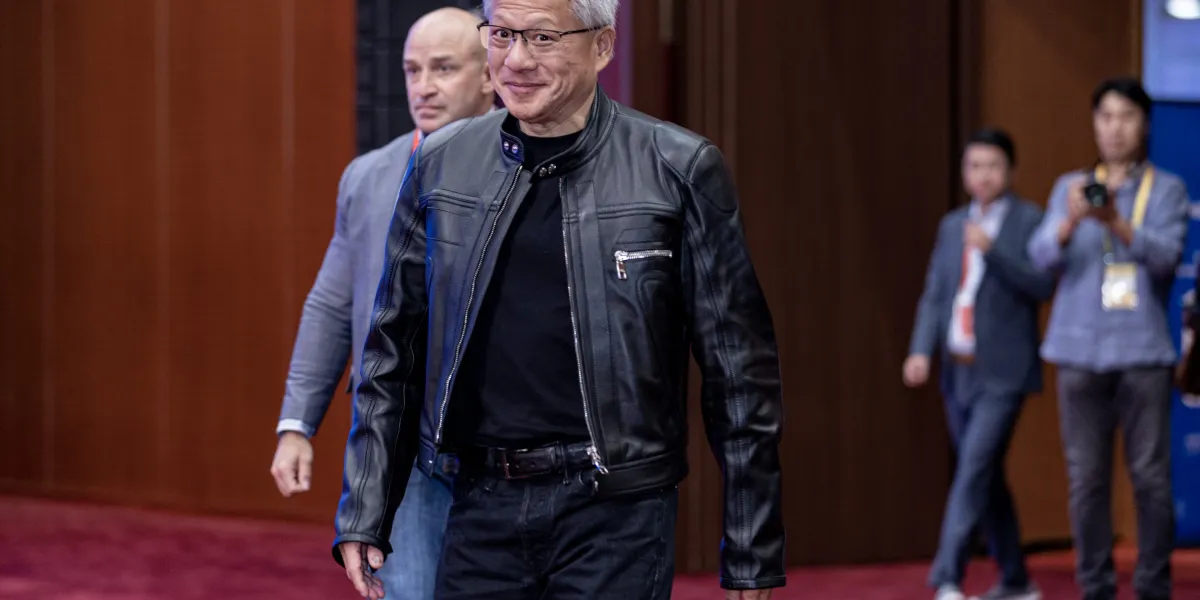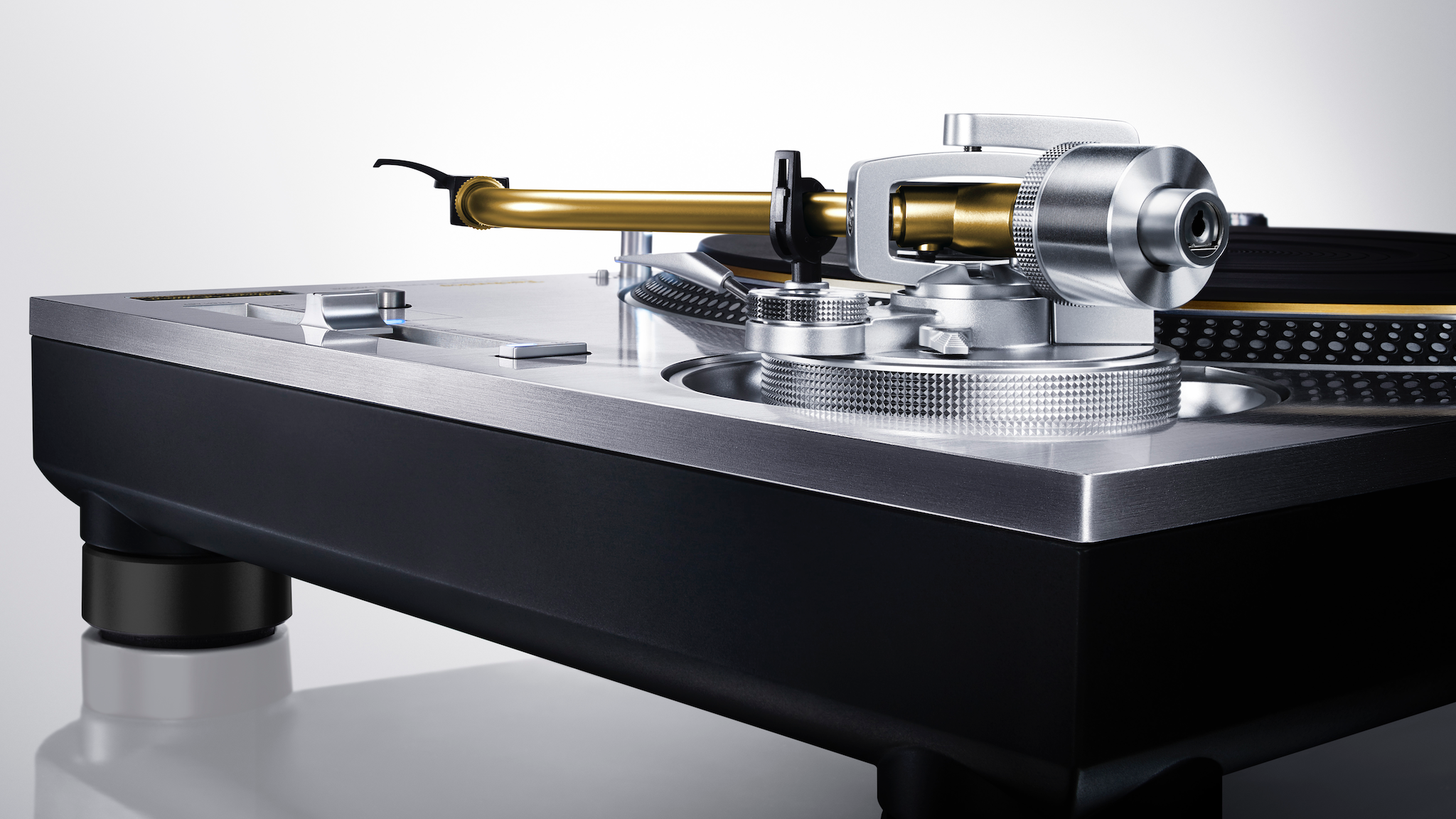Copyright spiegel

Alexander Schubel, an eloquent and self-confident man in his late 30s, is just the person to provide such assistance. Since the beginning of the year, he has been head of production at tank manufacturer KNDS Deutschland, a company that grew out of Krauss-Maffei Wegmann. In the Allach district of Munich, the company – Germany’s third-largest defense operation – produces the Leopard 2 battle tank in addition to other products. Schubel’s task is a clear as it is complicated: He must transform a manufacturing operation into an efficient factory. That, though, is why KNDS brought him on board: Schubel has experience in streamlining the production of companies In a previous job, Schubel helped the German Rail supplier Schaltbau restructure such that it could also offer its direct current technology to the renewable energy and e-mobility markets. At the auto supplier Dräxlmeier, he led the conversion of cable production, which had relied heavily on manual labor, to energy management systems for e-mobility. Then, KNDS called. Schubel recalls his time in the mountain infantry. After spending years in the globalized world of the automotive industry, he found it attractive to work at a company "with local impact.” Initially, he says, he wasn’t sure he wanted to work for a company that produces military products. "But ultimately, those concerns were outweighed by a conviction that Europe must be able to defend itself and its soldiers have to be outfitted with the best possible materiel.” Schubel had a lot to do from the very beginning. The defense industry lags far behind carmakers when it comes to production methods and automation. He says he was surprised by "the degree to which production is dependent on the qualities of each and every expert.” Schubel now must standardize production steps to create a greater degree of division of labor. He has to find employees for tasks that haven’t been in demand for some time, such as welding. On the one hand, KNDS needs people with experience in serial production. On the other hand, though, many employee profiles don’t match up with the skills that are still needed in tank production. Schubel must find a mix. The military and civilian industries can profit significantly from each other. In practice, though, they don’t always match up that well. "Defense companies and industrial companies are used to improving in small steps,” says Falck, the researcher from ifo. "And they do so in long-established networks.” That makes it difficult for both sides, he says, to dissemble structures and processes. Which means that the impulse cannot come exclusively from established companies. "Numerous technological innovations and startups are appearing that are driving them forward,” says Falck. Young entrepreneurs, he adds, are usually more open to cooperations, but they need experienced partners and capital.



